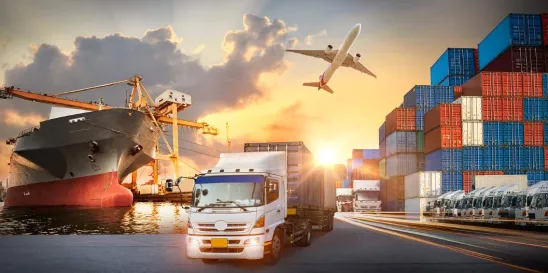One of the most consistent messages coming from the U.S. government is that multinational companies need to take control of their supply chains. Forced labor, human trafficking, supply chain transparency, OFAC sanctions, even conflict minerals — all are areas in which the best defense against potential violations is strong compliance and due diligence to ensure that companies properly manage their supply chains, rights down to the last supplier. Today’s mix of enforcement actions and guidance from the U.S. government underscores the importance of doing so.
Export Controls and Human Rights
The Department of Commerce has stated that it has the authority to put companies on the Entity List (requiring special licensing and restrictions) solely for human rights violations. Does your company conduct full due diligence on its suppliers and sub-suppliers to ensure that they are operating in accordance with U.S. forced labor and human trafficking laws?
Forced Labor/UFLPA
The Department of Homeland Security continues to add Chinese and other companies to the Uyghur Forced Labor and Prevention Act (UFLPA) Entity List. Does your organization specifically screen against the UFLPA Entity List, as well as have in place UFLPA compliance and due diligence measures?
Forced Labor/UFLPA
The U.S. government has issued a pointed six-agency set of compliance guidelines regarding “the Risks and Considerations for Businesses and Individuals with Exposure to Entities Engaged in Forced Labor and other Human Rights Abuses linked to Xinjiang Uyghur Autonomous Region.” Does your organization maintain a compliance policy, vendor code of conduct, supply chain transparency and due diligence procedures, and other measures designed to ensure your supply chain is free of forced labor, human trafficking, or goods sourced from forced labor in the Xingjian Autonomous Region?
Customs Penalty for Erroneous Use of First Sale Rule
Due to the imposition of special Section 301 tariffs on most goods from Customs, many companies have begun to use the first sale rule, which allows the reporting of a lower value where there is a bona fide sale to a middleman. Improper application of the rule, however, can be the basis for substantial penalties, as an apparel company that paid a $1.3 million settlement with the DOJ found out. If your company uses the first sale rule, do you regularly review pricing and relevant circumstances to ensure you are meeting all the requirements for all entries?
Export Controls
Pledging “a new era of trilateral partnership,” the U.S., Japan, and South Korea governments have announced expanded collaboration to fight illegal exports of dual-use products, including high-tech products that might be shipped to China in violation of U.S. export controls. Has your organization performed a recent classification review to confirm it is aware of any restrictions that might adhere to the export of any of its products to sensitive countries, governments, or users?




 />i
/>i
